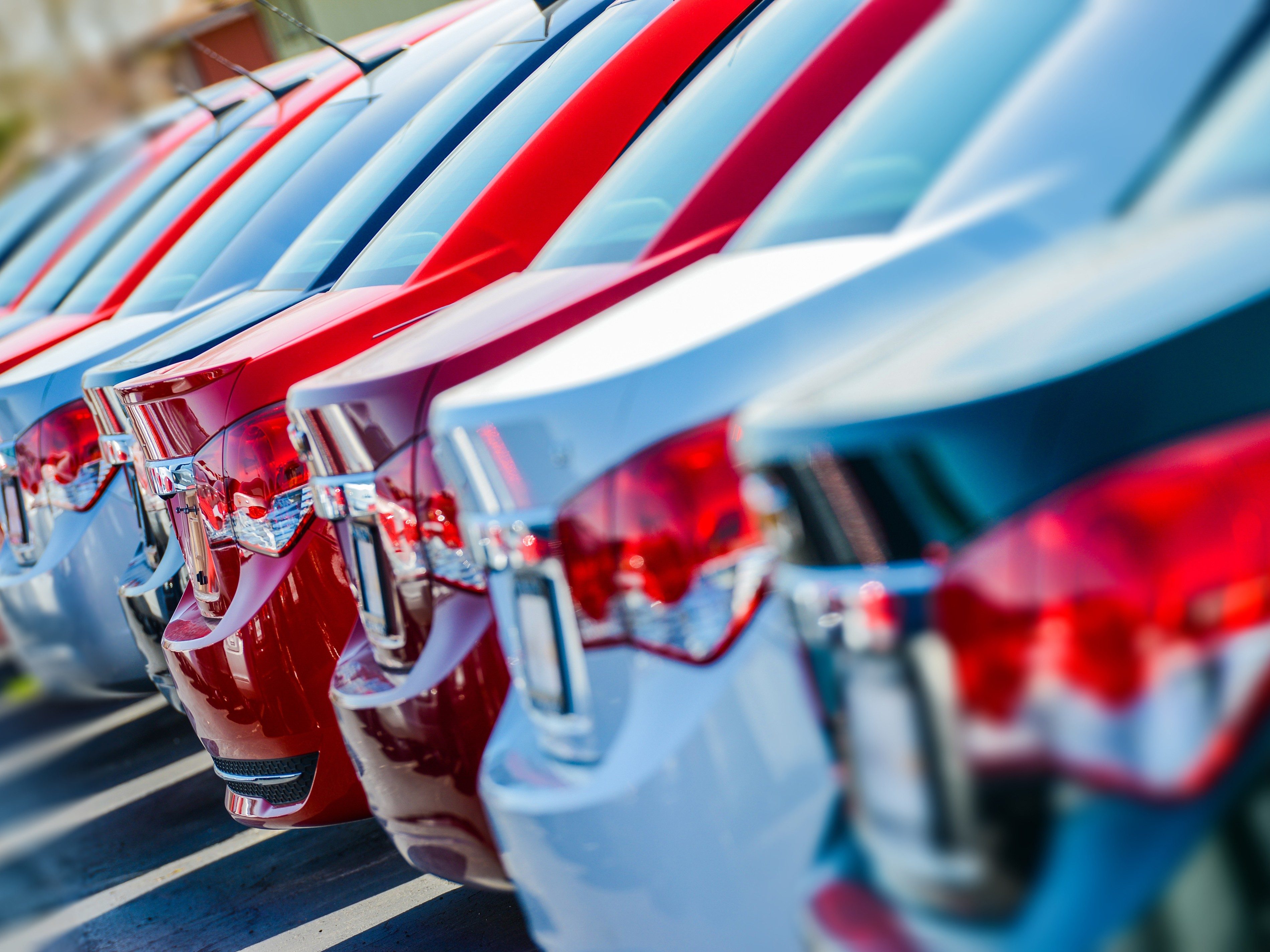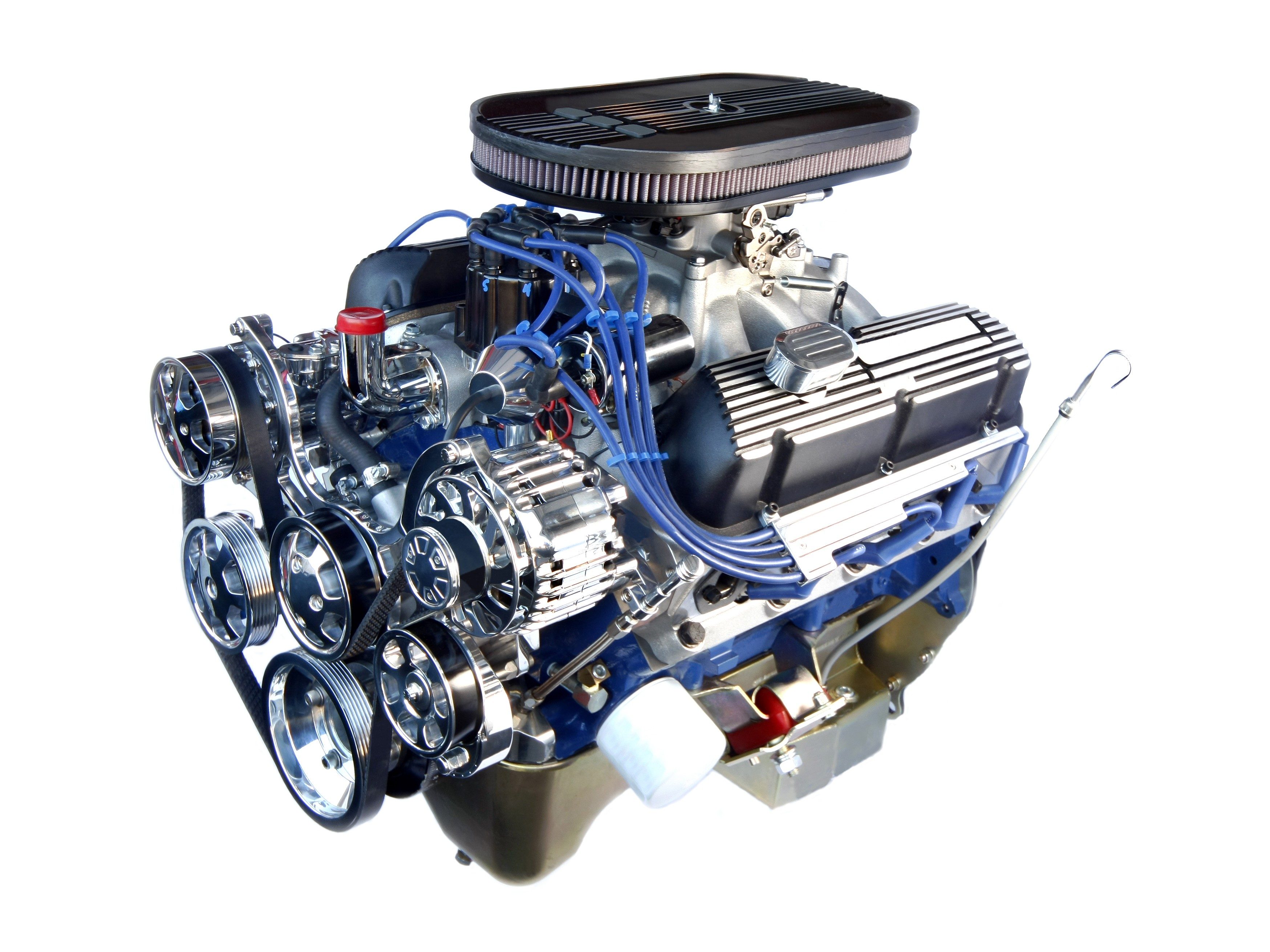
Car Comparison Made Easy
If you’re exploring the new or used car market, you have a lot of decisions to make. From which price range fits your needs and budget, to whether you should buy a sedan, a coupe, or an SUV, to which options and add-ons you truly need, there are plenty of things to consider. Here are five of the most important factors you need to keep in mind to compare cars like a pro.

1. Compare Horsepower
The horsepower measurement goes back more than a century, when one horsepower was equal to the amount of work a single horse could do. When horseless carriages took over from their equine counterparts, the horsepower measurement stuck around, and even today it remains a good way to compare vehicles.
The more horsepower an engine has, the easier it will be to merge onto the highway, reach cruising speed and get around on busy streets. Keep in mind, however, that a more powerful engine will probably mean less fuel economy, so you will have to weigh the two factors carefully.

2. Compare Fuel Economy
If you have a lengthy commute or plan on taking a lot of long road trips, fuel economy might be your number one consideration. When you are comparing two cars, you need to look at not just the sticker price, but also how much it will cost to operate over the long run. A car that seems cheaper up front could end up costing you more at the pumps.

3. Compare Safety Technology
True self-driving cars are not available on the retail market-at least not yet. Even so, there are plenty of driver-assist technologies that are just a few steps away from autonomous operation.
Technologies like automatic braking, adaptive cruise control, lane-keeping assistance and blind spot monitors are available right now. If you are looking at two cars and one comes with these technologies built-in, the extra safety factor could tip the scales in its favour.

4. Compare Destination Charges
There are plenty of extra charges to consider when buying a new car, including destination charges. These extra costs can vary from car to car, and you need to compare them carefully as you shop.
You can find information on invoice prices, destination charges and add-ons online and in price guides. The more information you have going in the easier it will be to recognize a good deal when you see it.

5. Compare Reliability Ratings
If you are in the market for a new car, you probably plan on having that vehicle in your garage for years to come, so do yourself a favour and check the reliability ratings before you buy. Not all cars are made equal as far as long-term maintenance goes, and buying one with a poor reliability rating could cost you thousands of dollars in unnecessary repairs. Just as with fuel economy, this is an instance where it pays to look at the total cost of ownership and not just the up-front price.